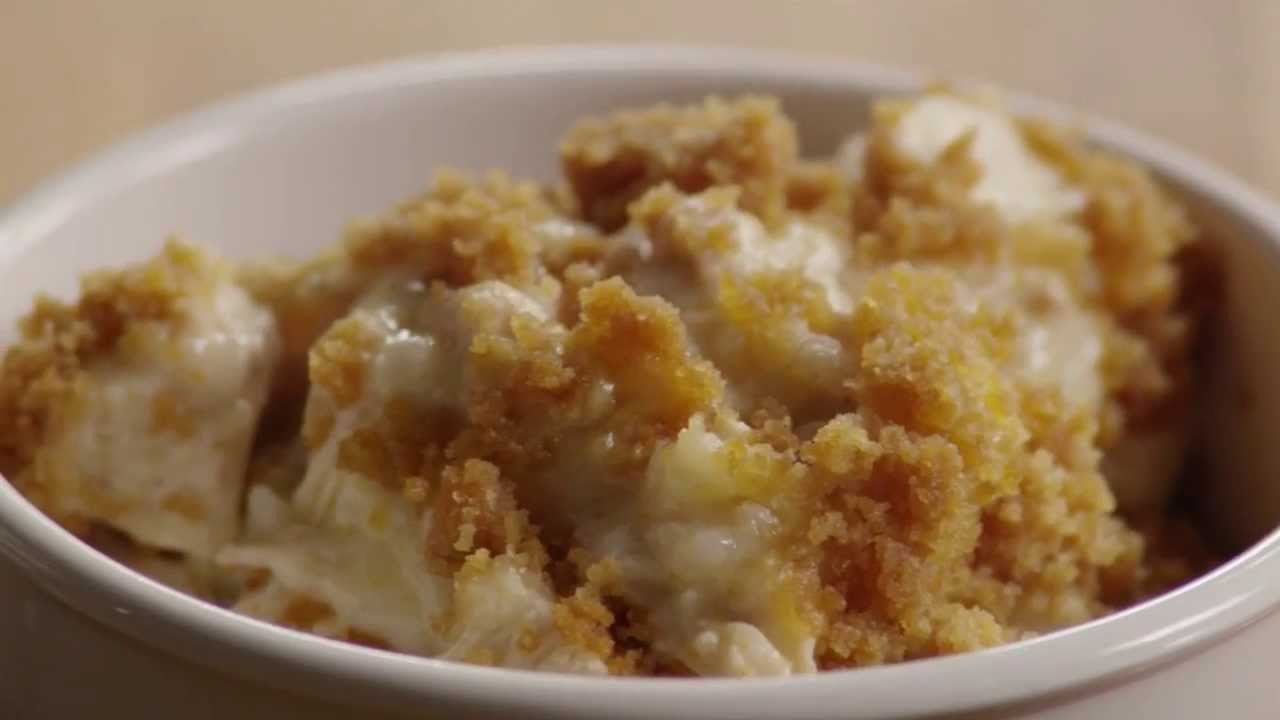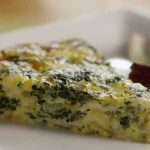Get the 5-star recipe for Delicious Chicken Casserole at http://allrecipes.com/recipe/delicious-chicken-casserole/detail.aspx
In this video, you’ll see how to turn leftover rice and chicken, soup, and sour cream into a quick-and-easy, crowd-pleasing casserole. Top with buttery crackers and bake until golden brown.
Subscribe to allrecipes @ http://www.youtube.com/subscription_center?add_user=allrecipes
http://www.facebook.com/Allrecipes
@Allrecipes
http://pinterest.com/allrecipes/
Diet and exercise are the primary pillars of a healthy lifestyle plan. But can coordinating eating and workout schedules improve our fitness results? And if so, how should our eating patterns differ before, during, and after activities?
Melding a top-notch diet with stimulating exercise can be quite a challenge. Eating at different times, not targeting healthy weight loss foods, skipping meals, overeating, snacking in between, working out irregularly, suffering from injuries … life gets in the way of our “healthy lifestyle plans.” While flexibility can be a necessity and a virtue, keeping to a diet-and-exercise schedule has remarkable advantages.
Eating regularly (5-7 times) throughout the day maintains proper blood sugar and energy levels, while regular exercise consistently burns consumed calories (Alencar et al. 2015). Indeed, proper timing of nutrition and activity helps lay the foundation for optimizing physical results.
**If you are a nutrition coach, it pays to supplement your expertise with these nutritional insights. Find more NASM nutrition courses here to futher your knowledge.
DOES FAST-AND-BURN WORK FOR WEIGHT LOSS?
As we explore the benefits of coordinating workouts with food intake-both quality and quantity-your first question might focus on breakfast (as in, should you skip it) or some other fast-and-burn routine.
Some studies suggest intense physical activity such as running, swimming or bicycling on an empty stomach can increase fat burn and promote weight loss (Schisler & Ianuzzo 2007). However, many experts caution against pre-exercise fasting. Running on empty may help burn fat faster, but it won’t leave enough energy for more rigorous training.
It also can increase the risk of strains, sprains, stress fractures and other injuries from exercise-related fatigue. Furthermore, letting the body get too depleted may cause people to overeat afterward, undoing the benefits of exercising in the first place.
Therefore, adequate fueling before exercise is the better route to improving performance (Rosenbloom & Coleman 2012). This keeps the body fueled, providing steady energy and a satisfied stomach. Knowing the why, what and when to eat beforehand can make a significant difference in your training.
As Jackie Kaminsky notes in her blog 10 Nutrition Myths, nutrient timing can be effective overall, but it’s not for everyone.
TRAINING AND NUTRIENT TIMING BEFORE EVENTS
A diet plan is crucial for maximizing daily workouts and recovery, especially in the lead-up to the big day. And no meal is more important than the one just before a race, big game or other athletic event.
Choosing the wrong foods-eating or drinking too much, consuming too little or not timing a meal efficiently-can dramatically affect outcomes. Eating the ideal pre-race/event meal can help ensure that all of the hard training and dedication pay off. Similarly, maintaining an appropriate daily sports-nutrition plan creates the perfect opportunity for better results.
WHY EAT BEFORE A WORKOUT?
The main goal of a pre-event/workout meal is to replenish glycogen, the short-term storage form of carbohydrate. Fore better results make sure you try the best and most affordable commercial gym equipment. This supplies immediate energy needs and is crucial for morning workouts, as the liver is glycogen depleted from fueling the nervous system during sleep. The muscles, on the other hand, should be glycogen-loaded from proper recovery nutrition the previous day.




Comments